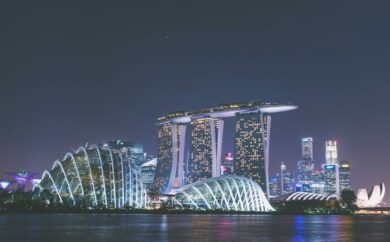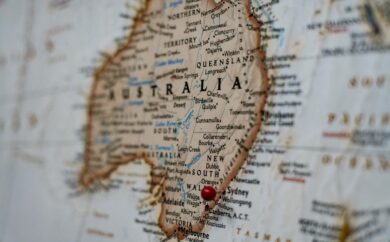Filter by topic
The Reserve Bank of India (RBI) is responsible for regulating India’s financial markets and maintaining economic stability. Established by the Reserve Bank of India Act 1934, and commencing operations on 1 April 1935, the Reserve Bank of India serves as […]
3 minute read
What Is The Reserve Bank Of New Zealand (RBNZ)? The Reserve Bank Of New Zealand (RBNZ) works to maintain the stability of New Zealand’s monetary and financial system and provides regulatory oversight for banks and other financial institutions. The RBNZ […]
3 minute read
Australia’s anti-financial crime regime underwent significant changes in 2024. The Anti-Money Laundering and Counter-Terrorism Financing (AML/CTF) Amendment Act, a major update to the country’s central piece of AML legislation, passed in December, prompting firms across the financial services landscape to […]
7 minute read






